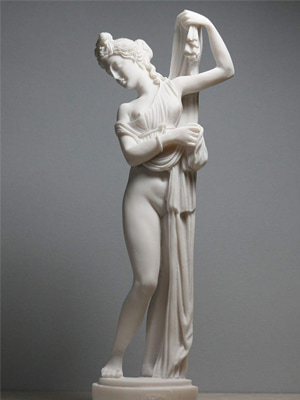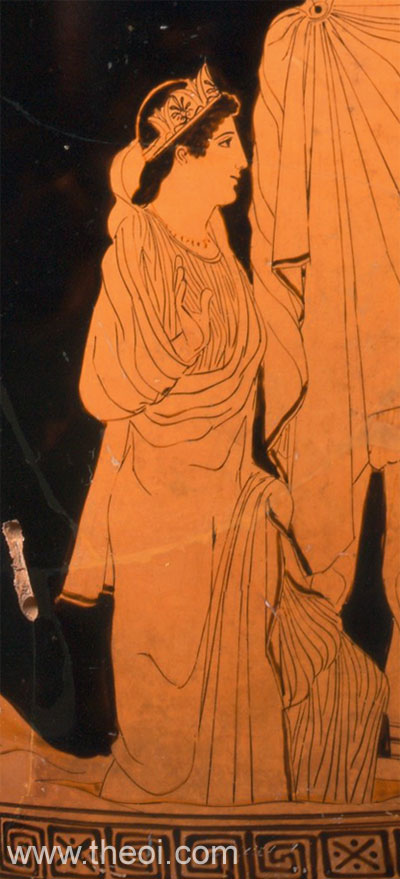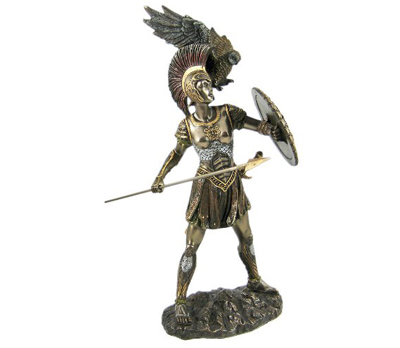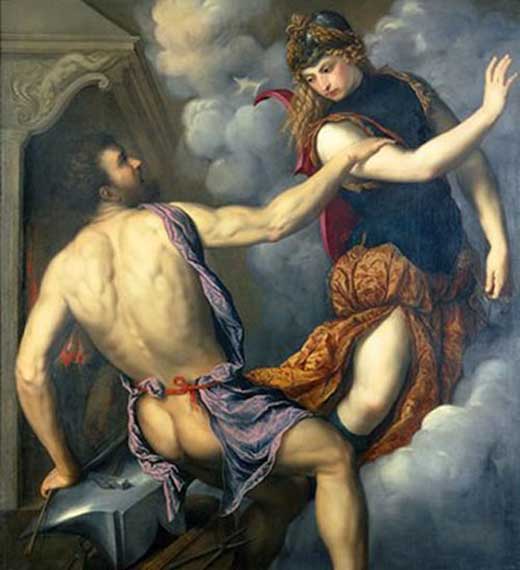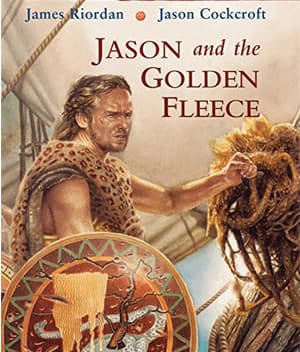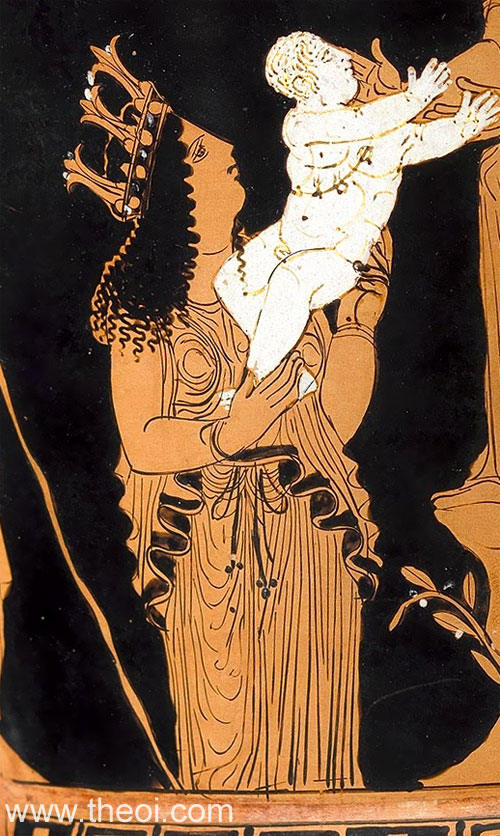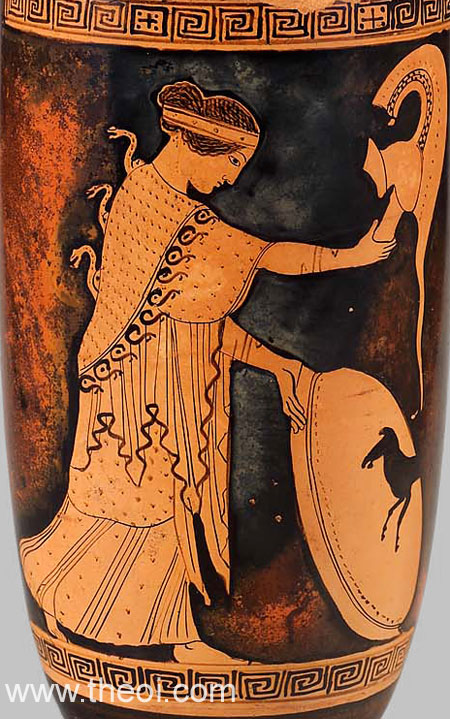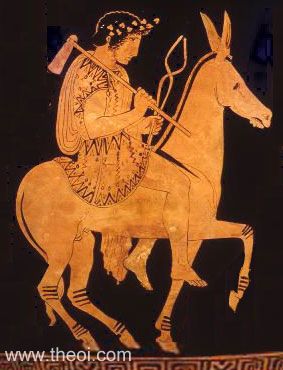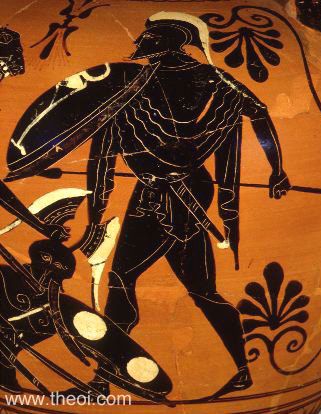Greek mythology is an assortment of unbelievable historical stories. Some stories are beyond our comprehension, while other stories are relevant in our society today. Without a doubt, these are the 6 most amazing Greek mythology facts that we have decided to share with you today!
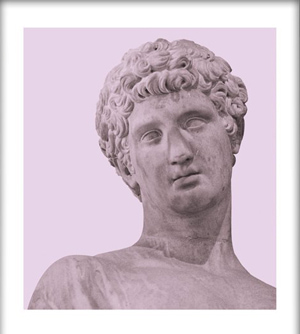 1. Present-day Athens is Named after the Greek Goddess Athena
1. Present-day Athens is Named after the Greek Goddess Athena
Athena is the Greek goddess of wisdom, knowledge, and civilization. She was born from the head of Zeus after he swallowed his pregnant wife, Metis. She was born fully grown dressed in full armor ready for war.
She is considered to be Zeus’s favorite child. Because of her ties to civilization, her name is commonly referred to as Polias and Poliouchos, derivatives of polis, meaning “city-state.” Present-day Athens, Greece is named after the goddess Athena.
2. Aphrodisiacs are Related to the Greek Goddess Aphrodite
Today, you may have heard the word “aphrodisiac,” but did you know this modern word actually has ancient ties? It comes from the Greek goddess Aphrodite.
Aphrodite is the Greek goddess of love, beauty, and pleasure. It is a legend that Aphrodite had the ability to make people fall in love. Like the goddess Aphrodite, an aphrodisiac has the ability to bring feelings of desire, love, and arousal to those who consumed the food with one another.
3. Atlas: Leader of the Titans
Atlas was the leader of the Titans in their war against the Olympian gods to determine who would control the heavens. When the Olympians prevailed, Zeus punished Atlas for leading the Titans in this war.
For his punishment, Zeus made Atlas responsible for holding up the heavens and the earth, and he must hold them on his shoulders. Atlas was strong enough for the task, but it was difficult and tiring for the Titan.
Today, an atlas is a collection of maps of a region or the earth used for travel. This Titan in ancient Greek mythology is now the same word used to describe a collection of maps.
4. Hestia, the Greek Goddess of the Hearth and Home and the Olympic Torch
Hestia was a virgin goddess who vowed to serve Mount Olympus. She did not seek marriage and asked Zeus to give her eternal virginity. Zeus granted her eternal virginity for her service of Mount Olympus.
Because Hestia was the goddess of hearth and home, Zeus ordered that every offering of food was to be sacrificed in the name of Hestia for her dedication and service. It was said that Hestia never let the fire in the home go out.
The Olympic torch is symbolic of the importance of the fire of Hestia. The Olympic torch is lit and travels from city to city, lighting each torch it comes in contact with throughout the relay until the final Olympic flame is lit.
5. Asclepius and Modern Medicine
Asclepius is the Greek god of healing and medicine. He is seen holding the Rod of Asclepius, which is a rod entwined with a serpent snake. Physicians serving Asclepius were called Therapeutes of Asclepius. Therapeutes of Asclepius would also come to include attendants and support staff of the physicians.
In modern medicine today, the iconic Rod of Asclepius is often used in medical logos and icons across the world. Additionally, the English word “therapy” comes from Greek “therapeia,” which means “healing, curing, or service of the sick.”
6. Nike, the Greek Goddess of Victory
Today, we hear the name Nike, and we envision a swoosh symbol with the famous slogan “Just Do It” that follows. Nike actually stems from the Greek goddess of victory, Nike. In addition to being the goddess of victory, she also had powers of great speed and flight.
